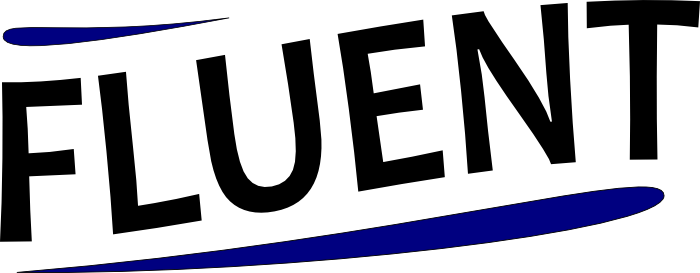
It is well documented that a proportion of children learning to read experiences persistent difficulties in the acquisition of automatic (fast and effortless) recognition of printed words, which in turn compromises their reading comprehension and makes reading unattractive. There is a scarcity of appropriate remediation methods; those that have shown to work (e.g., repeated reading of the same text) usually produce only modest gains and require sustained input from tutors, which is not always available. Training fluency through the use of computer game seems promising, since it can be attractive to children, requires relatively small input from tutors, and offers more natural opportunities for sustained practice than traditional tutor-led remediation methods.
The project will build on the expertise of University of Jyväskylä, which together with Niilo Mäki Institute has developed and evaluated GraphoGame Service. The Service includes a set of online games for helping children overcome difficulties in the initial phases of learning to read, which are now used widely across Finland.
The outputs will include:
The project is intended to make impact on the teaching practice of literacy, especially the practice of supporting children with specific reading difficulties (dyslexia). Games and pedagogical recommendations developed during the project are meant to supplement traditional (tutor-led, small-group) remediation typically employed in this context.

